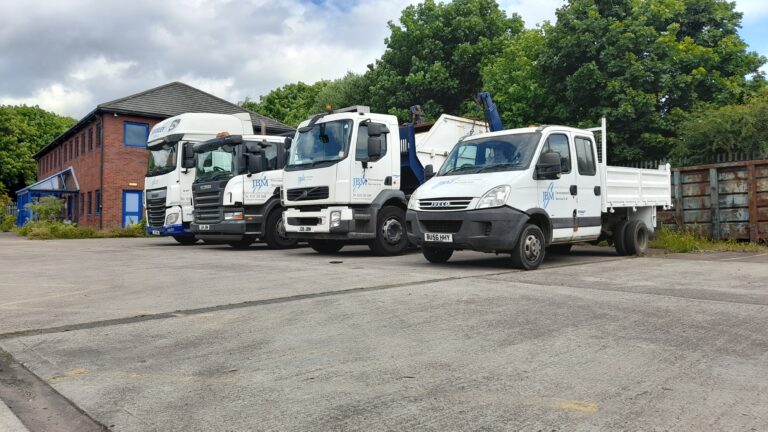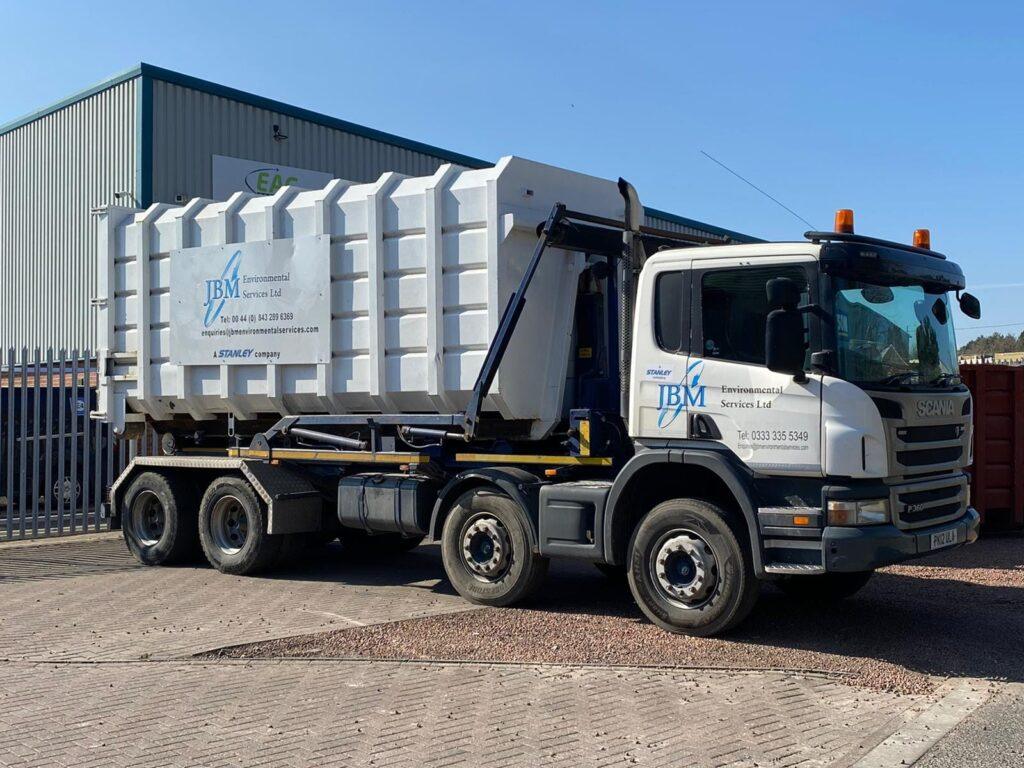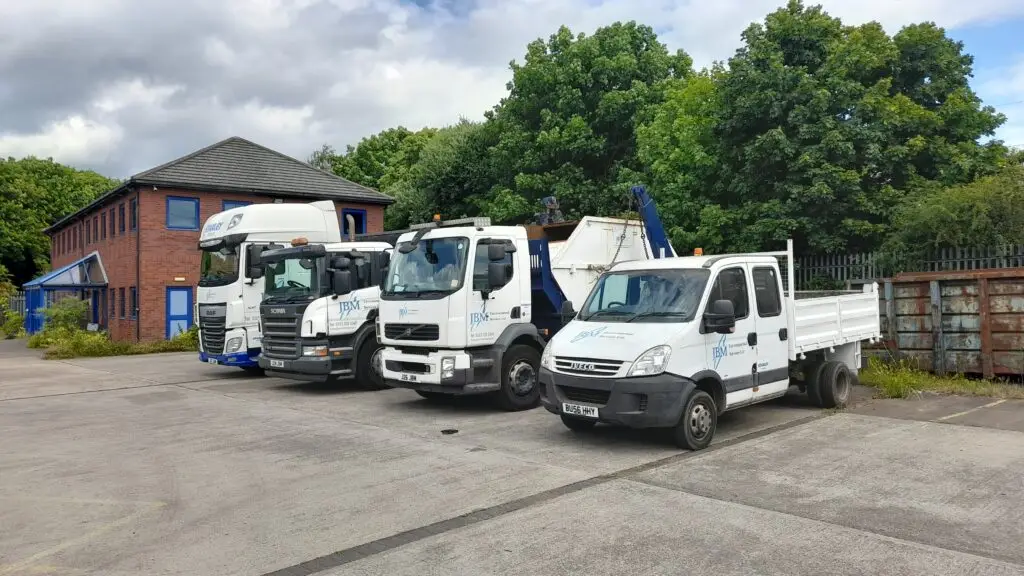When it comes to waste disposal, skip-hire has become an increasingly popular solution across the UK and Ireland. Skips offer a convenient and efficient way to manage different types of waste, whether it’s from construction projects, home renovations, or commercial cleanouts. However, improper loading can lead to safety hazards, legal issues, and inefficiencies. To help you make the most of your skip-hire experience, JBM Environmental Services presents valuable tips for the safe and effective loading of skips.
1. Plan Ahead for Optimal Skip Selection
Before your skip arrives, take some time to plan out your waste disposal needs. Estimate the volume and type of waste you’ll be dealing with. This will help you choose the right skip size and ensure efficient space utilization. By selecting the appropriate skip size, you can avoid unnecessary costs and ensure that you have enough space for all your waste.
2. Sort and Separate for Environment-Friendly Disposal
Segregate your waste into different categories. Keep hazardous materials, like chemicals or asbestos, out of the skip. Separate recyclables such as metal, glass, and cardboard. Proper sorting not only promotes safety but also supports environmental sustainability. Recycling as much as possible reduces the amount of waste that ends up in landfills, contributing positively to the environment.

3. Maximize Space with Efficient Loading
Break down large items whenever possible to save space in the skip. Flat materials and boxes, cut long materials, and disassemble furniture. Efficient loading maximizes skip capacity and reduces the need for multiple skip hires. This saves you money and minimizes the carbon footprint associated with waste transportation.
4. Ensure Even Weight Distribution
Distribute weight evenly within the skip to maintain stability during transportation. Heavier items should be placed at the bottom, with lighter materials on top. This prevents the skip from becoming top-heavy, which can lead to accidents during loading and unloading. Proper weight distribution also ensures the skip can be safely lifted onto the transport vehicle.
5. Avoid Overfilling to Stay Within Legal Limits
To comply with UK laws and regulations, skips should not be overloaded. Filling a skip beyond its capacity can pose risks during loading, transportation, and unloading. Be sure to load materials level with the top of the skip. Overfilled skips are hazardous and can result in penalties and delays.
6. Familiarize Yourself with Prohibited Items
Understanding what can’t go into skips is crucial. Items such as hazardous waste, electrical appliances, and certain types of liquids are prohibited. Disposing of prohibited items improperly can lead to fines and legal complications. Make sure you are aware of the local regulations and guidelines for skip waste disposal.

7. Prioritize Safety During Loading
When loading heavy items, use proper lifting techniques to avoid strain or injury. Enlist help for lifting bulky materials. Use a ramp if available to load wheelbarrows or trolleys safely. Prioritizing safety during loading not only protects you and your team but also ensures the waste is loaded efficiently and securely.
8. Cover Your Skip for Security and Hygiene
To prevent unauthorized dumping and keep your waste secure, consider covering your skip when it’s not in use. This also helps prevent rainwater from accumulating in the skip, which can add unnecessary weight to the waste and lead to disposal difficulties.
9. Choose a Trusted Waste Management Partner
Selecting a reputable waste management company like JBM Environmental Services is essential. They can provide guidance on skip sizes, waste segregation, legal requirements, and environmentally friendly disposal methods. Working with experts in waste management ensures that your waste is handled responsibly from start to finish.
In conclusion, loading a skip may seem straightforward, but following these comprehensive best practices can significantly enhance safety, efficiency, and compliance with UK waste management laws. Proper planning, sorting, loading techniques, and selecting the right waste management partner all contribute to a successful skip-hire experience. By adhering to these tips, you’ll not only streamline your waste disposal process but also contribute to a cleaner and greener environment.
For expert waste management solutions in the UK and Ireland, trust JBM Environmental Services. Contact us today to learn more about our comprehensive waste disposal services and how we can assist you in making responsible waste management choices.
Tel:0333 335 5349 Email: [email protected]

